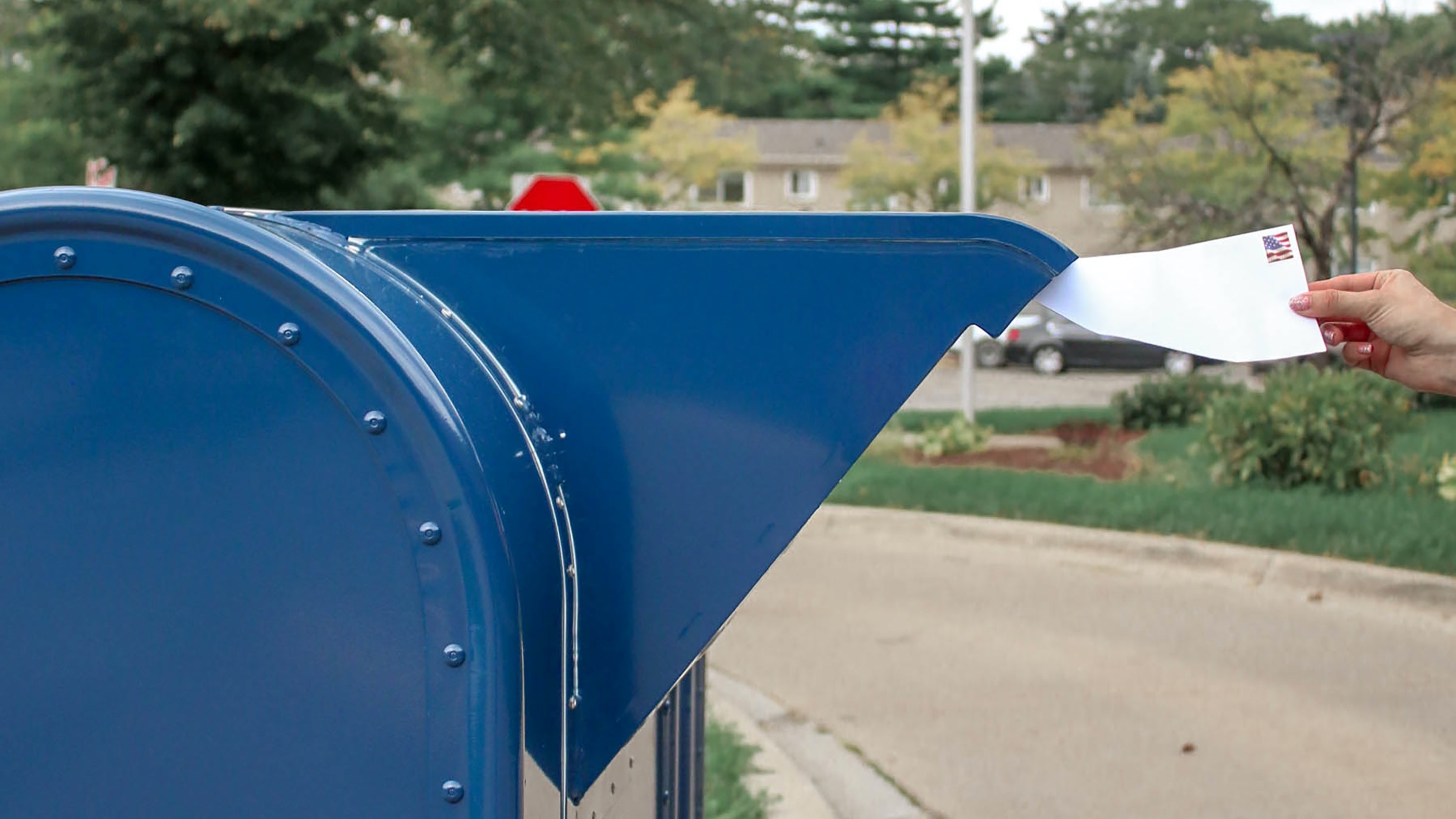
Fighting Insurance Denials for Periodontal Disease: Mailing Appeal Letters To Insurance Companies
Dec 16, 2022Part 3
We all know what periodontal disease looks like, feels like and smells like. We diagnose, educate, and perform therapeutic procedures daily. Unfortunately, it is impossible to bottle the distinct odor of untreated periodontal disease and send it to the dentist hired to review these claims. Sitting chairside, we all know the look and smell of diseased tissue! The best clinical notes and photos will never do it justice.
In 2022, I noticed an uptick in denial for Stage I and Stage II periodontal disease due “lack of radiographic bone loss.” Again, this is not the standard of care. Waiting for radiographic bone loss often means the patient has progressed from stage I to stage II.
Below is a free downloadable of my appeal letter to dental insurance providers. It takes me, on average, 5 minutes to review the patients’ charting and update the letter. The letter is scanned and uploaded to the patient’s chart before being mailed to the insurance company.
Get the Full Appeal Letter Template for Denial of Periodontal Disease Here
Let’s Recap
Absolutely do not let insurance companies convince you to ignore and undertreat periodontal disease.
First - understand the AAP 2017 guidelines and remember what you learned in school. A patient with generalized 5 mm pockets, with subgingival calculus, malodor, and bleeding, is NOT healthy and is NOT a 1110/prophy.
Second – use an autonote and ensure comprehensive charting to include pertinent medical histories; diabetes, heart disease, pregnancy, and/or smoking. You might need to note areas of CAL – this is ridiculous and redundant as we are all already doing full mouth periodontal charting; however, it helps with appeal letters.
Finally – have a template ready for the appeal letter—no need to reinvent the wheel. I add and copy the AAP guidelines when I am feeling sassy. I also request a NC licensed dentist review the claim, but I don’t believe this ever happens. Peer to peer reviews are an option; however, my experience with these have been a waste of time and infuriating.
Good luck! What you are doing is important. Continue to diagnose and treat your patients properly. And continue to have hygienists play more of a role in treating periodontal disease as they deliver local anesthesia to their patients after taking our dental hygienist local anesthesia course. I hope everyone reading this feels empowered to be their patient’s advocate when insurance companies refuse benefits for our diseased patients.


